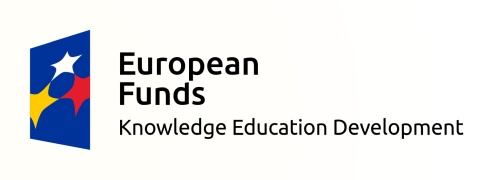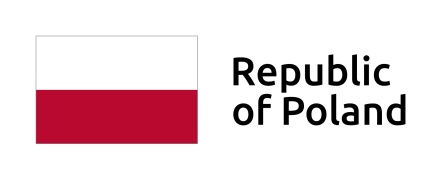Bioeconomy, according to the definition proposed in the communication from the European Commission (EC) “Innovating for Sustainable Growth: A Bioeconomy for Europe”, encompasses the production of renewable biological resources and the conversion of these resources and waste streams into value-added products, such as food, feed, bio-based products and bioenergy. Bioeconomy covers many branches of industry, including the food and agricultural sectors, as well as the forestry and chemical industries, and the biotechnology and energy sectors. In view of the interdisciplinary nature of Bioeconomy, it is therefore necessary to educate highly qualified staff to work in both higher education and industry. Thus, this programme of interdisciplinary studies allows for flexible education in various bioeconomy-related disciplines. The subject of the doctoral thesis that is chosen or proposed by the doctoral candidate will determine the principle discipline that he or she will study. The doctoral candidate, with a “supervisory team” consisting of a supervisor and a co-supervisor, will determine the direction of the candidate's academic studies by selecting appropriate courses out of a broad catalogue of electives. Since the programme of studies is flexible, both academic and applied doctoral dissertations can be prepared. In view of the international nature of this programme, all courses will be conducted in English and the doctoral theses will be prepared in English .
The studies will prepare candidates to obtain PhD degrees in the following areas:
- biological sciences: biology, biotechnology;
- agricultural sciences: animal sciences, agronomy, environmental protection, fisheries, food technology and nutrition;
- technical sciences: ecological engineering;
- veterinary medicine.
Organization
The programme of studies will be carried out on weekdays. The doctoral candidate will spend an average of 40 hours a week on research work, classes and internships. The organization of the courses will make it possible for PhD students to leave for domestic and foreign internships.
Programme structure
As part of the study programme, the doctoral candidate is obliged to complete the following:
a) research work under the supervision of the “supervisory team”,
b) organized classes,
c) practicum(s).
The research work is the most important element of the doctoral studies and will be carried out personally by the doctoral candidate, under the supervision of the “supervisory team”. During this work, particular focus will be placed on developing the doctoral candidates's ability to plan and conduct research, and to analyse and discuss the data that they obtain. Additionally, the development of the ability to work in teams will make up an integral part of the study programme. For doctoral candidates carrying out applied work, particular focus will be placed on demonstrating the ability to co-operate with members of industry and non-profit organizations, and the ability to carry out research and development. Doctoral candidates are obliged to attend required and elective courses with a total value of 30 ECTS points.



